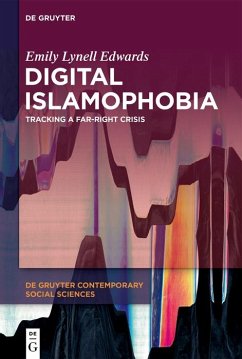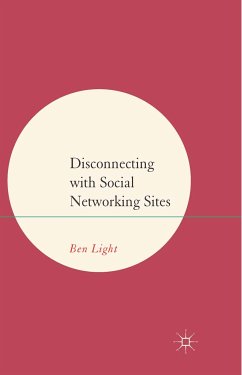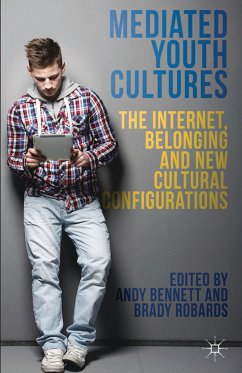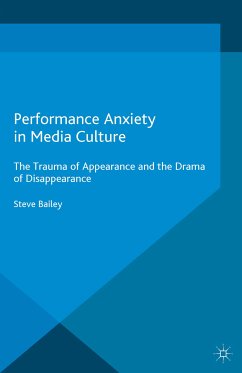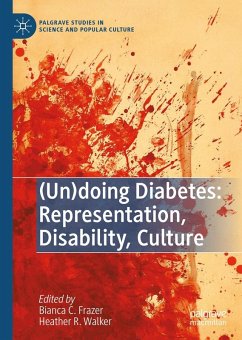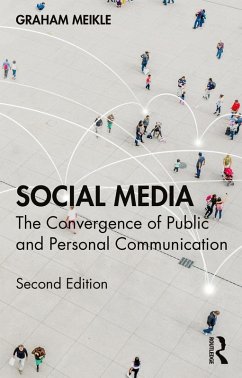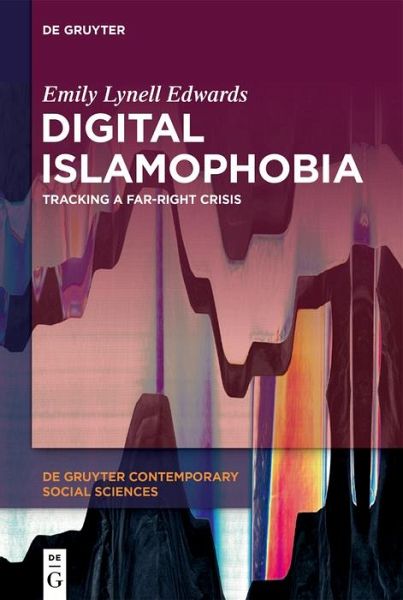
Digital Islamophobia (eBook, PDF)
Tracking a Far-Right Crisis
Versandkostenfrei!
Sofort per Download lieferbar
84,95 €
inkl. MwSt.
Weitere Ausgaben:

PAYBACK Punkte
42 °P sammeln!
The rise of far-right communities on digital platforms is a global crisis. Digital Islamophobia tracks far-right groups where they are a virtual and vicious threat, exploring how these networks grow, develop, and circulate Islamophobic hate-speech on Twitter. Reconstructing this media ecosystem, Digital Islamophobia traces the reactionary political ideologies animating these groups through feminist data analytic techniques in a transnational study of German and American far-right, digitally networked users.This work illustrates far-right communities using data visualization techniques, identif...
The rise of far-right communities on digital platforms is a global crisis. Digital Islamophobia tracks far-right groups where they are a virtual and vicious threat, exploring how these networks grow, develop, and circulate Islamophobic hate-speech on Twitter. Reconstructing this media ecosystem, Digital Islamophobia traces the reactionary political ideologies animating these groups through feminist data analytic techniques in a transnational study of German and American far-right, digitally networked users.
This work illustrates far-right communities using data visualization techniques, identifies a taxonomy of user-types, analyzes themes and stories that motivate far-right users, and tracks the spread of linked forms of anti-Muslim sentiment, reactionary ideologies, and (mis)information. In doing so, Digital Islamophobia details how far-right discourse is not merely national, or even transatlantic, but increasingly transnationalized among American, German, as well as Indian and Nigerian digital networks. By tracking and tracing the contours of these far-right digital communities on Twitter and analyzing the content of their conversations, Digital Islamophobia provides policy-makers, researchers, and scholars with a potential road-map to stop them.
This work illustrates far-right communities using data visualization techniques, identifies a taxonomy of user-types, analyzes themes and stories that motivate far-right users, and tracks the spread of linked forms of anti-Muslim sentiment, reactionary ideologies, and (mis)information. In doing so, Digital Islamophobia details how far-right discourse is not merely national, or even transatlantic, but increasingly transnationalized among American, German, as well as Indian and Nigerian digital networks. By tracking and tracing the contours of these far-right digital communities on Twitter and analyzing the content of their conversations, Digital Islamophobia provides policy-makers, researchers, and scholars with a potential road-map to stop them.
Dieser Download kann aus rechtlichen Gründen nur mit Rechnungsadresse in A, B, BG, CY, CZ, D, DK, EW, E, FIN, F, GR, HR, H, IRL, I, LT, L, LR, M, NL, PL, P, R, S, SLO, SK ausgeliefert werden.




